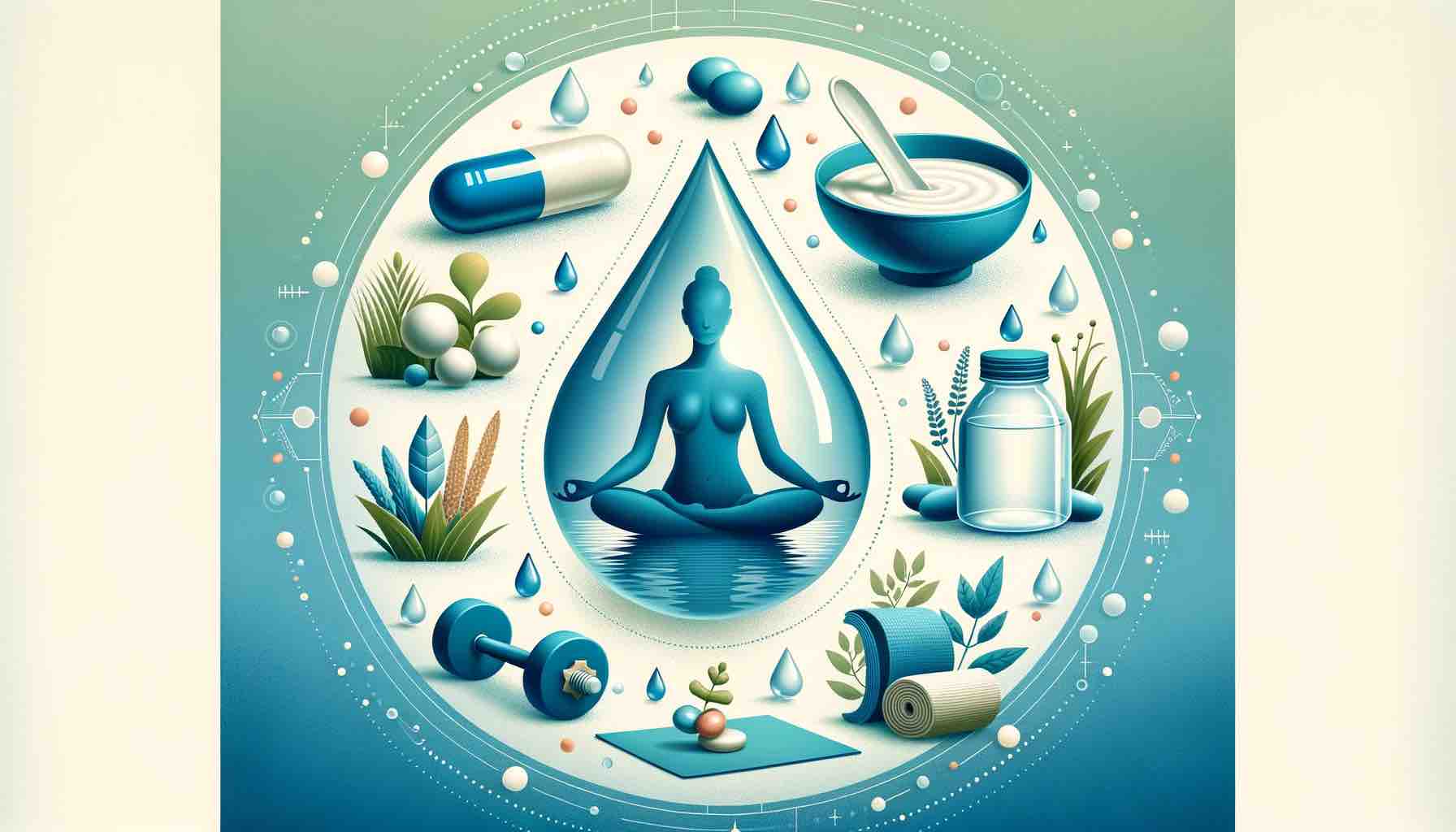
They say you are what you eat!! But what I like to believe is that.. You are what you can digest!!!
With this fast pacing life, environmental pollution, erratic working hours, sleep disorders, having foods with pesticides etc, most of us today lack the digestive enzymes necessary for gut health. The Father of medicine, Hippocrates once said- “All diseases begin in the gut.” Bad digestion is the root cause of all evil. You can have all the super-foods in the world but if your body is not assimilating it well, what’s the point!!
What are Probiotics?
Probiotics are live bacteria that are good for you, especially for your digestive system. Our body is full of bacteria, both good and bad. These good microbes help you to digest and absorb nutrients from food. The ratio of your bad bacteria needs to be smaller compared to your good ones.
What causes bad bacteria to increase?
- Excess sugar
- Loading on junk processed foods
- Excessive salt
- Sedentary lifestyle
- GMO foods
How can you increase good bacteria in your body?
Simply by popping probiotic pills or loading on probiotic drinks available in the market which are laden with sugar, artificial flavours, preservatives and come in a plastic bottle will definitely not help you. You need to address the root cause. Make small but consistent lifestyle changes to help recover your gut health.
Here, what I am about to tell you is an age old practice which is being followed across different regions under different names for decades.
It’s a powerful natural probiotic which is inexpensive and so convenient to prepare.
What all you need?
- A glass, ceramic or an earthen bowl (no plastic)
- 3-4 tbsps leftover cooked rice (make sure the rice you use is unprocessed indigenous variety to get maximum benefit)
- Enough water to soak the rice.
How to prepare?
Put cooked rice in a bowl. Add water. The water level should just be 2 or 3″ above the rice. Cover the bowl with a lid and leave it overnight. The rice would ferment by morning. Consume it on an empty stomach.
The fermentation breaks down the anti-nutritional factors in rice resulting in an improved bio-availability of micro-nutrients and minerals such as iron, potassium and calcium by several thousand percentage points.
Food scientists who researched on the food practices among various regions in the world had concluded that, this old age practice is one of the healthiest.
It has the rare B6 and B12 vitamins which are not otherwise easily available in other foods. This rice generates and harbors trillions of beneficial bacteria that help digestion and many disease fighting and immunity developing agents. The bacteria that grows in the intestines due to this rice, safeguards the internal organs and keeps them fit and ready. Consuming this rice helps in quicker digestion and wards off ageing, bone related ailments and muscular pains. It’s one of the best foods for healthy gut.
What you need to know before consuming Probiotics?
Ever wondered what’s keeping those helpful little bacteria alive? How can you get that bacteria to work better for you? The answer is prebiotics. Probiotics will do nothing for your body if it doesn’t get prebiotics.
Simply put, prebiotics are like food source for your gut’s microorganisms. For probiotics to work, you need prebiotics in your system.
Some rich sources of prebiotics are: raw garlic, raw onions, bananas, unsweetened cacao powder, almonds, flaxseeds, honey, whole grains etc
This is the reason why traditionally Fermented Rice or Rice Kanji is eaten with raw onion. Some prefer to add a bit of salt and curd to it.
The Bottom Line
It’s time to bring these traditional healthy meal practices back into our lives. Introduce your children to this goodness. All the western superfoods are great. I am not against any. But our culture and our food habits are so rich and healthy. There’s a reason why our ancestors did what they did. Doing this for 1 or 2 times will not give you any results. Make it a part of your lifestyle. Be consistent. Eat your gut friendly food and keep taking natural pre and probiotics with regular exercise. This my friend is the only way to stay healthy. 😊













